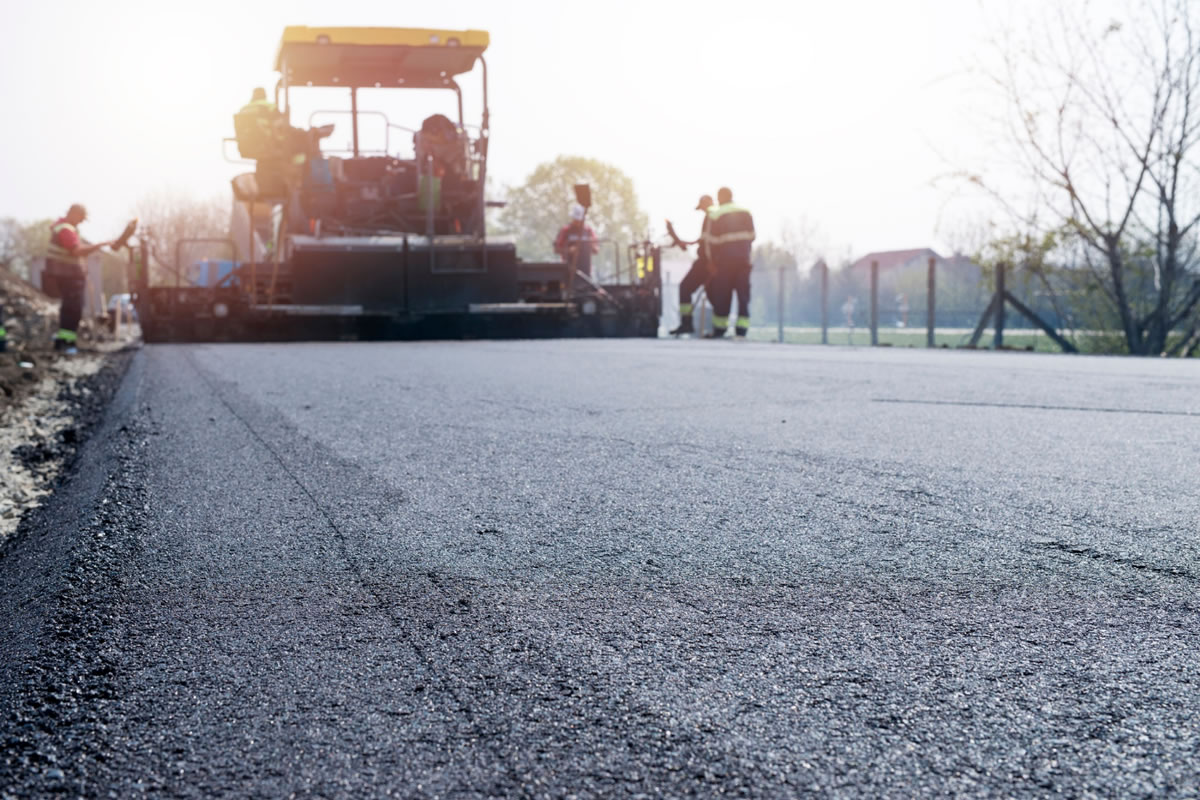
Asphalt is an integral part of many residences and business properties. As a result, the advantages of recycled asphalt products (RAP), also known as millings, have increased in popularity. Not confident what RAP is and whether it is suitable for you? Our experts on asphalt repairs in Sanford offer you a few answers.
Most individuals know what asphalt looks like and how nicely it works. But that asphalt material occasionally must be crushed and removed. For example, a landowner may need to relocate a driveway or parking area. The asphalt may have outlasted its useful life and requires replacing it with new, undamaged material. Or somebody might need to dig it up to get to utilities or soil underneath.
What can be accomplished with the material when hardened asphalt is broken down or pulverized? The solution is to reuse that product for a renewed purpose. During the recycling operation, RAP transforms into a hardened aggregate that goes into new installations to function as a less-permanent rendition of its original self. While much like standard gravel, the asphalt binds together more solidly for a more suitable long-term result.
The most significant deciding factor for those who prefer RAP is cost savings. If you want an entire, solid hot-mix asphalt surface but do not have the funding for it, this is the solution you are looking for. You can apply the material the same way a straightforward gravel driveway would.
Additionally, in an increasingly knowledgeable modern world, many landowners appreciate RAP's environmentally friendly qualities. While they desire a durable and lasting hardscape, they also want to do right by the ecosystem.
By its nature, recycled material indicates that new material does not have to be created. This saves power and resources during the initial design of your driveway. And since many homeowners can purchase local RAP from businesses in their community, the materials do not require shipping across the country or the globe before ending up in your backyard.
Also, an existing parking lot or road can be crushed or milled in place, and the RAP can be a new base for fresh hot mix asphalt paving. This process recycles the existing or old asphalt and is a strong base for new hot mix asphalt.
Finally, the performance of RAP defeats many other materials. The remaining tar in the asphalt mix drives it to bind together in a way that traditional gravel can never do. However, RAP is more absorbent than many hardscape alternatives like concrete or stone. The aggregate morsels permit water to percolate and slip below the surface where it can be absorbed and not cause disruption to pedestrians and vehicles.
Of course, every material has its drawbacks. The biggest problem with RAP is that it is usually a different hue than its brand-new counterpart. In addition, the materials are aged when broken up into aggregate, so the color is less perfect than a conventional asphalt surface. Also, RAP will degenerate over time and require regular maintenance. If the perfect blacktop look is what you desire, you may discover that traditional hot-mix asphalt is the more suitable choice for a consistent appearance and less upkeep.
We hope these answers to recycled asphalt questions help you understand it better. Contact us today if you need asphalt repairs in Sanford.